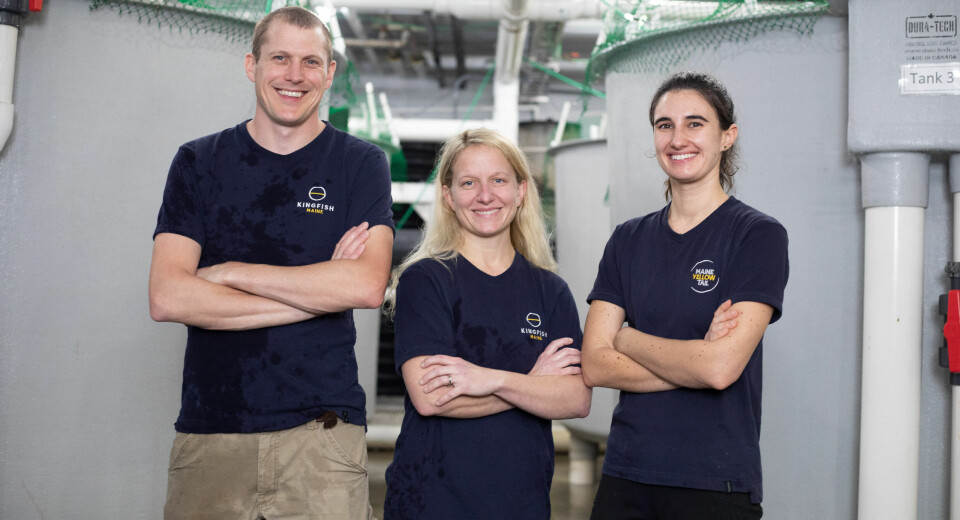
Court rejects latest bid to block Maine kingfish farm
Opponents of an 8,500-tonne land-based fish farm in Jonesport, Maine, have lost an appeal against a permit for the project.
Kingish Maine, a subsidiary of Dutch yellowtail farmer The Kingfish Company, said the Maine Superior Court has upheld the Maine Board of Environmental Protection’s affirmation of Kingfish Maine’s Site Location of Development Act (SLODA) and Natural Resources Protection Act (NRPA) joint permit.
The permit was issued by the Maine Department of Environmental Protection in 2021 and affirmed, on appeal, by the Maine Board of Environmental Protection (BEP) in 2022. This was second appeal denial for the Roque Island Gardner Homestead Corporation, a family company that owns private islands across the strait from where the farm will be sited.
A clear victory
“The opposition from Roque Island continues to be unsuccessful in its appeals of the Kingfish Maine project. This latest appeal denial is a clear victory for Kingfish Maine and more importantly the residents of Jonesport,” said Megan Sorby, Kingfish Maine operations manager.
“Kingfish Maine will bring economic development to the Downeast region and that cannot be controlled by Roque Island. We are excited to celebrate this Superior Court victory with the community of Jonesport.”
Kingfish Company chief executive Vincent Erenst said: “We remain focused on the advancement of Kingfish Maine facility.
“This ruling by the Superior Court underscores the continued work of our Maine-based team to the success of this project and Kingfish’s commitment to the Jonesport community which has supported our project from its introduction.”
Wildlife impact
In the appeal, the Petitioners – Roque Island and the Eastern Maine Conservation Initiative - raised issues with what they claimed was the BEP’s “failure to independently assess the project’s impact on wildlife under NRPA”.
The court concluded that the BEP did not violate NRPA or otherwise act unreasonably by failing to independently assess the project’s effluent discharges.
The Kingfish Company is expanding production from 1,500 tonnes to 3,500 tonnes of Seriola lalandi at its recirculating aquaculture system facility in Zeeland, Netherlands. The Maine RAS facility will produce 8,500 tonnes at full capacity.






















































